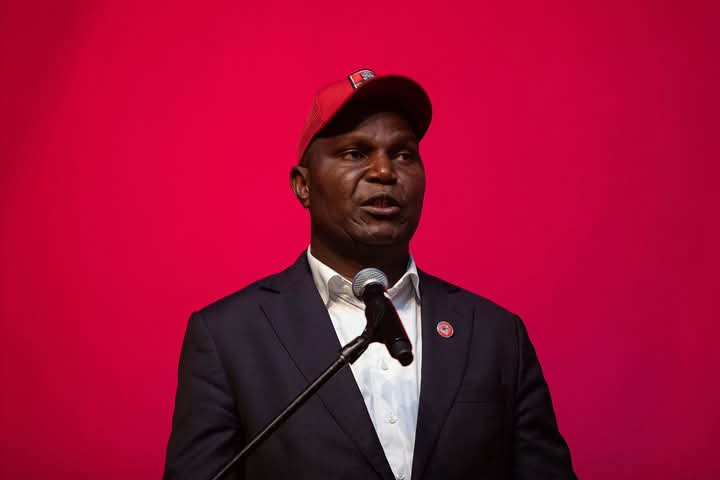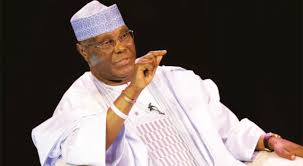By Adeyemi Adekunle
Mozambique’s Constitutional Council, the nation’s highest court, has confirmed the disputed results of the October 2024 elections on Monday, extending the ruling Frelimo party’s nearly 50-year hold on power.
The court ruled that Frelimo’s presidential candidate, Daniel Chapo, secured 65% of the vote, a revision of the initially announced 71%, which had sparked widespread protests and claims of electoral fraud.
The final confirmation of Chapo’s victory comes after two months of intense street protests, which have claimed the lives of more than 130 people in clashes with police, according to civil society monitoring group Plataforma Decide.
The ruling is expected to fuel further unrest in the Southern African nation, where political tensions have reached a boiling point.
The Frelimo party has been in power since Mozambique gained independence from Portugal in 1975. The ruling party’s long-standing dominance has been under challenge from opposition groups, but it has maintained its hold on power through a mix of electoral victories and claims of electoral manipulation.
Opposition leader Venancio Mondlane, who finished second in the election, has vocally rejected the results, claiming that the election was “stolen” from him. Mondlane, who is currently in exile due to fears for his safety, has vowed to lead a “popular uprising” if the Constitutional Council upheld the contested results.
He has accused the government of orchestrating widespread irregularities, a sentiment echoed by several international observer missions, which pointed to issues such as voter intimidation and ballot-stuffing during the election.
The confirmation of Chapo’s win by the court has reignited concerns about the state of democracy in Mozambique, with many questioning the integrity of the electoral process. While Frelimo maintains that the election was free and fair, the opposition and civil society groups have consistently raised alarms over the transparency and fairness of the vote.
The unrest following the elections has led to violent clashes between protesters and security forces, and the situation remains volatile. Human rights groups have condemned the government’s use of force against demonstrators and called for an independent investigation into the deaths during the protests.
Amidst tensions , many are now concerned about the future of Mozambique’s political landscape. With the opposition leader threatening mass protests and calls for civil disobedience, the country appears to be on the brink of a broader crisis.
Mozambique, a country of nearly 35 million people, faces significant challenges ahead. With the ruling party’s control firmly in place, the country must navigate through a period of heightened political unrest and deepening divisions. Whether peace can be restored or if the nation will descend further into turmoil remains uncertain as the situation continues to evolve.
The court’s ruling is a decisive moment in Mozambique’s political history, but it is clear that the fight over the future of the country is far from over.




